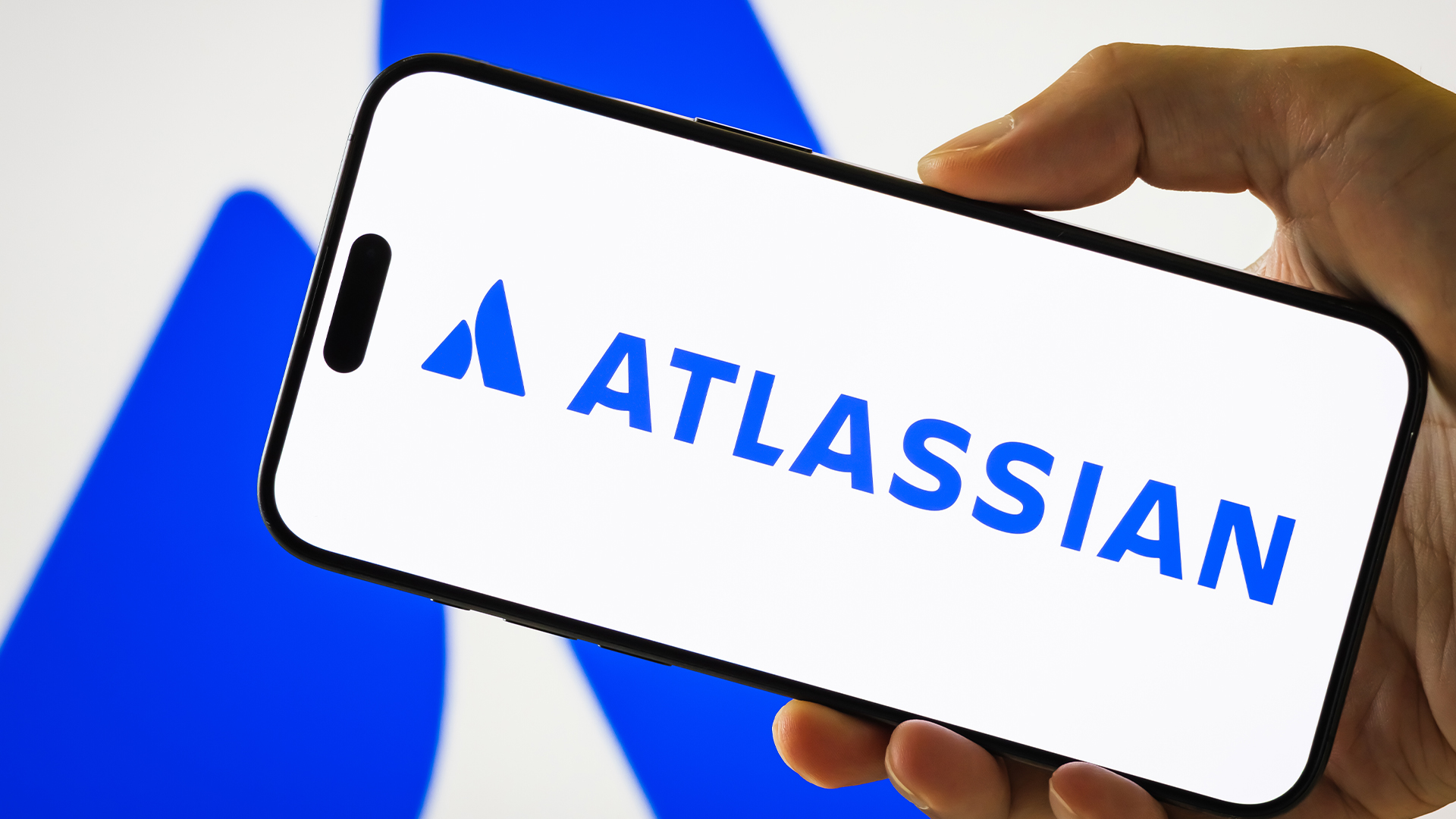AI-generated code is now the cause of one-in-five breaches – but developers and security leaders alike are convinced the technology will come good eventually
Most security leaders still think AI tools will eventually write secure, reliable, code


AI coding tools are creating serious security risks in production, with one-in-five CISOs saying they've suffered major incidents because of AI-generated code.
AI coding tools now write 24% of production code – 21% in Europe and 29% in the US – according to a new report from Aikido. But it's risky, with 69% of security leaders, security engineers, and developers across Europe and the US revealing they'd found serious vulnerabilities in AI-written code.
US-based respondents were among the worst hit by AI-related flaws, with 43% of organizations reporting serious incidents, compared with just 20% in Europe.
This, the study noted, appears to be down to better prevention and oversight. For example, EU-based firms reported more “near misses” with AI-generated code than their US counterparts, potentially highlighting more robust testing practices.
Adding more tools to address the issue isn’t helping, Aikido found. Indeed, organizations with more security tools report more incidents, with more overhead and slower remediation.
Nearly two-thirds (64%) of those with just one or two tools had an incident, the figure was 90% for those with between six and nine tools.
All-in-one AI coding tools are helping bridge gaps
Notably, teams using tools designed for both developers and security teams were more than twice as likely to report zero incidents than those using tools made for only one specific group.
Sign up today and you will receive a free copy of our Future Focus 2025 report - the leading guidance on AI, cybersecurity and other IT challenges as per 700+ senior executives
“Giving developers the right security tool that works with existing tools and workflows allows teams to implement security best practices and improve their posture,” commented Walid Mahmoud, DevSecOps lead at the UK Cabinet Office.
Teams using separate AppSec and CloudSec tools were 50% more likely to face incidents, and 93% of those with separate tools reported integration headaches such as duplicate alerts or inconsistent data.
The security blame game is heating up
The blame for incidents caused by AI code is now becoming a serious point of contention within enterprises, the report noted. For example, 53% of respondents blamed security teams for failing to address issues, while 45% blamed developers who failed to spot issues before pushing to production.
Meanwhile, 42% pointed toward whoever merged it. This blame game is expected to continue escalating, according to Aikido. Half of developers reckoned they’d be blamed if the AI code they wrote introduced a vulnerability, even more than the security team itself.
“There's clearly a lack of clarity among respondents over where accountability should sit for good risk management,” commented Andy Boura, CISO at Rothesay.
Despite concerns across the board, enterprises are expected to continue driving ahead with adoption of AI coding tools, the study noted. Nine-in-ten said they expect AI to take over penetration testing within the next five years, for example
Meanwhile, 96% believe AI will write secure, reliable, code at some point, with the biggest proportion (44%) thinking it will happen in the next three-to-five years.
Only 21% think this will be achieved without human oversight, however, underlining the importance of keeping humans in the loop.
Make sure to follow ITPro on Google News to keep tabs on all our latest news, analysis, and reviews.
MORE FROM ITPRO
- Think AI coding tools are speeding up work? Think again – they’re actually slowing developers down
- How AI coding is transforming the IT industry in 2025
- AI coding tools are booming – and developers in this one country are by far the most frequent users
Emma Woollacott is a freelance journalist writing for publications including the BBC, Private Eye, Forbes, Raconteur and specialist technology titles.
-
 Satya Nadella says a 'telltale sign' of an AI bubble is if it only benefits tech companies – but the technology is now having a huge impact in a range of industries
Satya Nadella says a 'telltale sign' of an AI bubble is if it only benefits tech companies – but the technology is now having a huge impact in a range of industriesNews Microsoft CEO Satya Nadella appears confident that the AI market isn’t in the midst of a bubble, but warned widespread adoption outside of the technology industry will be key to calming concerns.
-
 Enterprise security in a world of AI deepfakes and uncertainty over identity
Enterprise security in a world of AI deepfakes and uncertainty over identityAs AI-driven deepfakes grow more sophisticated, enterprises must move to layered defenses that protect trust without friction
-
 UK government launches industry 'ambassadors' scheme to champion software security improvements
UK government launches industry 'ambassadors' scheme to champion software security improvementsNews The Software Security Ambassadors scheme aims to boost software supply chains by helping organizations implement the Software Security Code of Practice.
-
 So much for ‘trust but verify’: Nearly half of software developers don’t check AI-generated code – and 38% say it's because it takes longer than reviewing code produced by colleagues
So much for ‘trust but verify’: Nearly half of software developers don’t check AI-generated code – and 38% say it's because it takes longer than reviewing code produced by colleaguesNews A concerning number of developers are failing to check AI-generated code, exposing enterprises to huge security threats
-
 Microsoft is shaking up GitHub in preparation for a battle with AI coding rivals
Microsoft is shaking up GitHub in preparation for a battle with AI coding rivalsNews The tech giant is bracing itself for a looming battle in the AI coding space
-
 AI could truly transform software development in 2026 – but developer teams still face big challenges with adoption, security, and productivity
AI could truly transform software development in 2026 – but developer teams still face big challenges with adoption, security, and productivityAnalysis AI adoption is expected to continue transforming software development processes, but there are big challenges ahead
-
 AI is creating more software flaws – and they're getting worse
AI is creating more software flaws – and they're getting worseNews A CodeRabbit study compared pull requests with AI and without, finding AI is fast but highly error prone
-
 AI doesn’t mean your developers are obsolete — if anything you’re probably going to need bigger teams
AI doesn’t mean your developers are obsolete — if anything you’re probably going to need bigger teamsAnalysis Software developers may be forgiven for worrying about their jobs in 2025, but the end result of AI adoption will probably be larger teams, not an onslaught of job cuts.
-
 Anthropic says MCP will stay 'open, neutral, and community-driven' after donating project to Linux Foundation
Anthropic says MCP will stay 'open, neutral, and community-driven' after donating project to Linux FoundationNews The AAIF aims to standardize agentic AI development and create an open ecosystem for developers
-
 Atlassian just launched a new ChatGPT connector feature for Jira and Confluence — here's what users can expect
Atlassian just launched a new ChatGPT connector feature for Jira and Confluence — here's what users can expectNews The company says the new features will make it easier to summarize updates, surface insights, and act on information in Jira and Confluence
